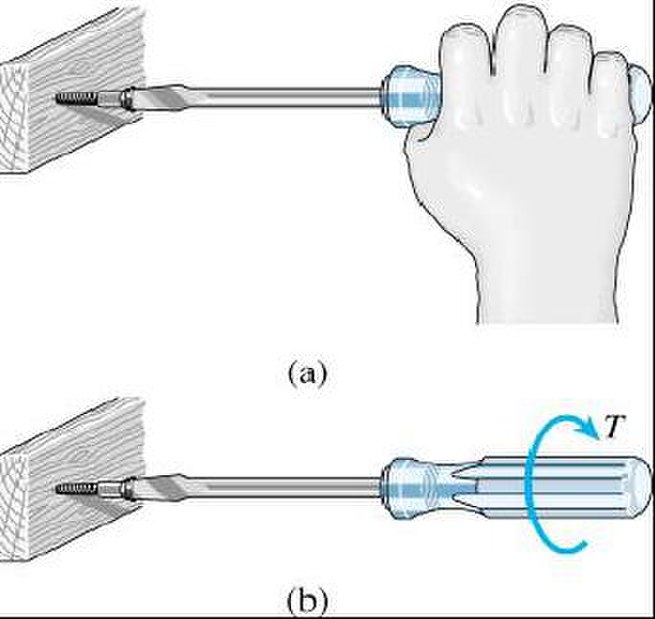
Main Difference
The main difference between Usability and Utility is that the Usability is a ease of use and learnability of a human-made object such as a tool or device; the degree to which a software can be used by consumers to achieve quantified objectives with effectiveness, efficiency, and satisfaction in a quantified context of use and Utility is a concept in economics & game theory: a relative measure of happiness or satisfaction
-
Usability
Usability can be described as the capacity of a system to provide a condition for its users to perform the tasks safely, effectively, and efficiently while enjoying the experience. In software engineering, usability is the degree to which a software can be used by specified consumers to achieve quantified objectives with effectiveness, efficiency, and satisfaction in a quantified context of use.The object of use can be a software application, website, book, tool, machine, process, vehicle, or anything a human interacts with. A usability study may be conducted as a primary job function by a usability analyst or as a secondary job function by designers, technical writers, marketing personnel, and others. It is widely used in consumer electronics, communication, and knowledge transfer objects (such as a cookbook, a document or online help) and mechanical objects such as a door handle or a hammer.
Usability includes methods of measuring usability, such as needs analysis and the study of the principles behind an object’s perceived efficiency or elegance. In human-computer interaction and computer science, usability studies the elegance and clarity with which the interaction with a computer program or a web site (web usability) is designed. Usability considers user satisfaction and utility as quality components, and aims to improve user experience through iterative design.
-
Utility
Within economics, the concept of utility is used to model worth or value. Its usage has evolved significantly over time. The term was introduced initially as a measure of pleasure or satisfaction within the theory of utilitarianism by moral philosophers such as Jeremy Bentham and John Stuart Mill. The term has been adapted and reapplied within neoclassical economics, which dominates modern economic theory, as a utility function that represents a consumer’s preference ordering over a choice set. It is devoid of its original interpretation as a measurement of the pleasure or satisfaction obtained by the consumer from that choice.
-
Usability (noun)
The state or condition of being usable.
-
Usability (noun)
The degree to which an object, device, software application, etc. is easy to use with no specific training.
-
Utility (noun)
The state or condition of being useful; usefulness.
-
Utility (noun)
Something that is useful.
-
Utility (noun)
The ability of a commodity to satisfy needs or wants; the satisfaction experienced by the consumer of that commodity.
-
Utility (noun)
Well-being, satisfaction, pleasure, or happiness.
-
Utility (noun)
A securities of such a provider.
-
Utility (noun)
A software program designed to perform a single task or a small range of tasks, often to help manage and tune computer hardware, an operating system or application software.
“I’ve bought a new disk utility that can recover deleted files.”
-
Utility (noun)
The ability to play multiple positions.
-
Utility (adjective)
Having to do with, or owned by, a service provider.
“utility line; utility bill”
-
Utility (adjective)
Designating of a room in a house or building where mechanical equipment is installed; such as a furnace, water tank/heater, circuit breaker, and/or air conditioning unit; and often equipped with hookups for laundry equipment (washer/dryer).
“utility room”
